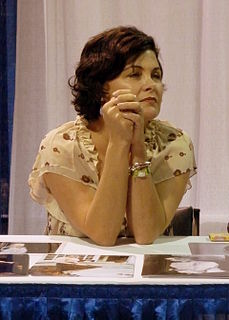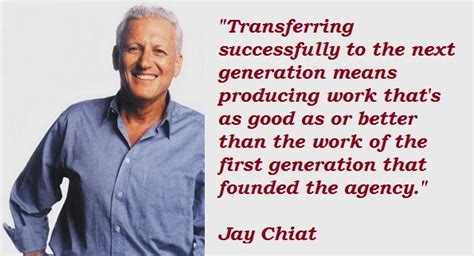A Quote by Sherilyn Fenn
I like taking risks and I decided to put every bit of me into the role.
Related Quotes
Sociopaths are not inhibited by the notion that it's wrong to be addicted, or wrong to buy illegal drugs. Also, drinking or taking drugs can be a lot of fun, and even if it's not, it can dull that painful boredom for a while. So can certain other things, like taking risks, and particularly if you take a risk-averse person and you can manipulate him or her into taking risks, that's really fun.
The trouble is that the risks that are being hedged very well by new financial securities are financial risks. And it appears to me that the real things you want to hedge are real risks, for example, risks in innovation. The fact is that you'd like companies to be able to take bigger chances. Presumably one obstacle to successful R&D, particularly when the costs are large, are the risks involved.
The basic question that the 'new science' raises for our balance sheet is the issue of what scientific questions have not been asked for 500 years, which scientific risks have not been pursued. It raises the question of who has decided what scientific risks were worth taking, and what have been the consequences in terms of the power structures of the world.




































